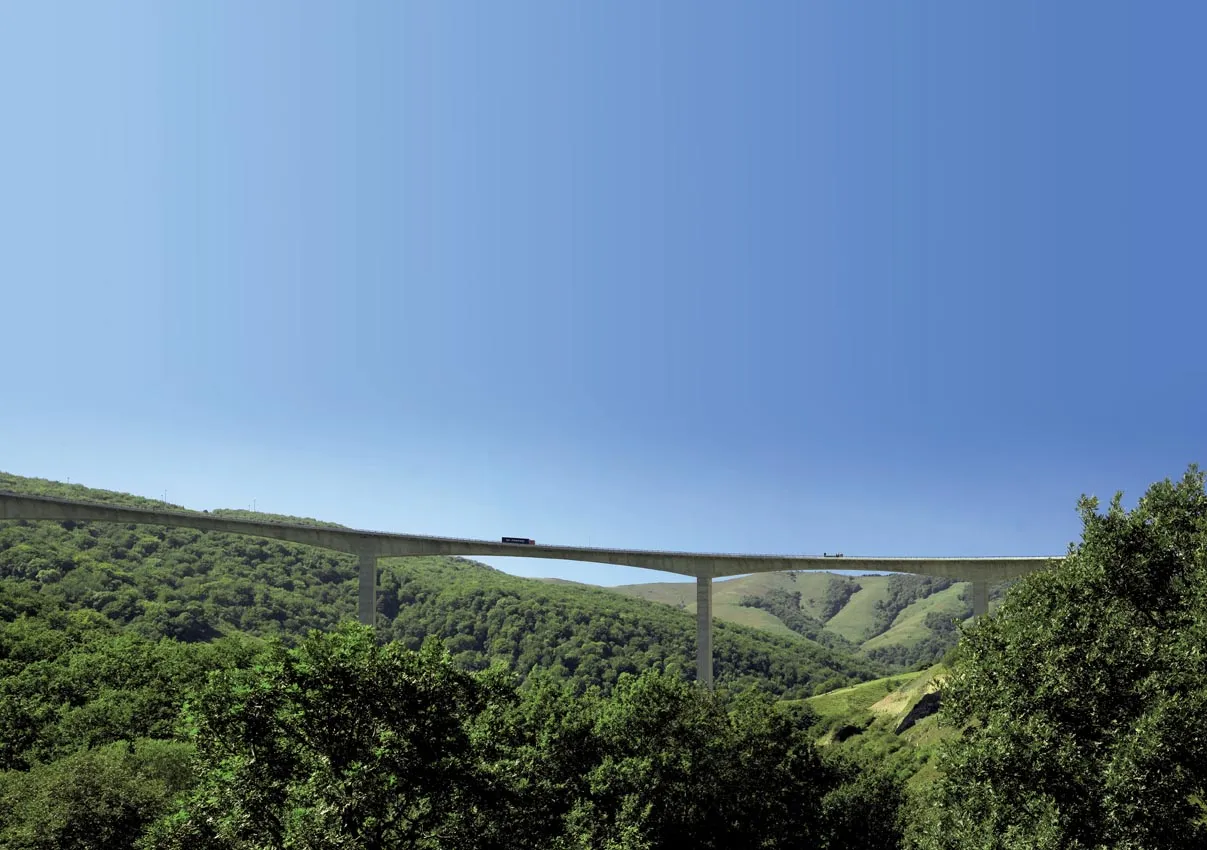Interest is strong in the project to complete Colombia’s key tunnel construction contract. In all 23 firms have shown interest in the package of works to complete the La Linea tunnel project, according to the Colombian national road institute (Invias). The Colombian Government is providing US$204.5 million to complete the project. The current target is for the tunnel to be completed by 2020, although the link was originally supposed to be ready for traffic in late 2016. Construction work on the link commenc
January 22, 2019
Read time: 2 mins
Interest is strong in the project to complete Colombia’s key tunnel construction contract. In all 23 firms have shown interest in the package of works to complete the La Linea tunnel project, according to the Colombian national road institute (2812 Invias). The Colombian Government is providing US$204.5 million to complete the project. The current target is for the tunnel to be completed by 2020, although the link was originally supposed to be ready for traffic in late 2016. Construction work on the link commenced in 2008 and when it finally opens to traffic the tunnel will be 8.6km in length, making it the longest road tunnel in Latin America. The project has been subject to a string of delays, with unforeseen geological challenges having hindered progress during the early stages, and financing shortcomings having posed problems later on.
The La Linea tunnel forms part of the Cruce de la Cordillera Central road link, which will connect Calarca in Quindio Department with Cajamarca in Tolima Department. The existing stretch of National Route 40 between the two towns is narrow and features numerous sharp curves as it passes through a mountain region. The road has a poor safety record, with a crash rate around four times higher than the average for Colombian roads, and is struggling to cope with the volume of traffic it handles. Upgrading the National Route 40 stretch will help boost capacity and safety, and also cut journey times for drivers. The project includes building 31 bridge and 25 tunnel sections, three interchanges and 18km of dual carriageway.







